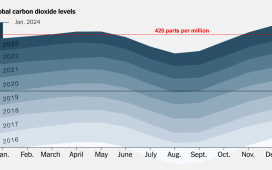In Europe storms are named as a joint enterprise between the UK’s Met Office, Ireland’s Met Éireann and the Royal Netherlands Meteorological Institute (KNMI). The list is set in advance, runs in alphabetical order and usually alternates between names associated with male and female gender. In 2020, Ellen, Francis, Gerda and Hugh are to follow Storm Ciara and Storm Dennis in turn.
According to the Met Office, the decision for a storm to be named is “based on a combination of both the impact the weather may have, and the likelihood of those impacts occurring. A storm will be named when it has the potential to cause an amber or red weather warning.”
The list of names is partially generated from suggestions sent in by the public – and the Met Office says it is happy for people to either email suggestions or submit them via social media.
Bad luck if your name begins with a Q, U, X, Y or Z though – you will never get a storm named after you. This is because names beginning with those letters are never used either in Europe or by the US National Hurricane Center (NHC).
The NHC has had the responsibility for naming tropical cyclones since 1953, but the process is now overseen by an international committee of the World Meteorological Organization.
There are six lists of names for each region where storms develop and they rotate in use through the years. So the names used for hurricanes in 2020 will be used again in 2026.
If a storm is particularly devastating or has caused widespread loss of life, the name can be “retired” and replaced on the list with something else. The name Irma, for example, was dropped after the catastrophic damage caused by Hurricane Irma in 2017.
What if the frequency of storms increases? In the event that more than 21 named tropical cyclones occur in the Atlantic basin in a season, additional storms will take their names from the letters of the Greek alphabet.

